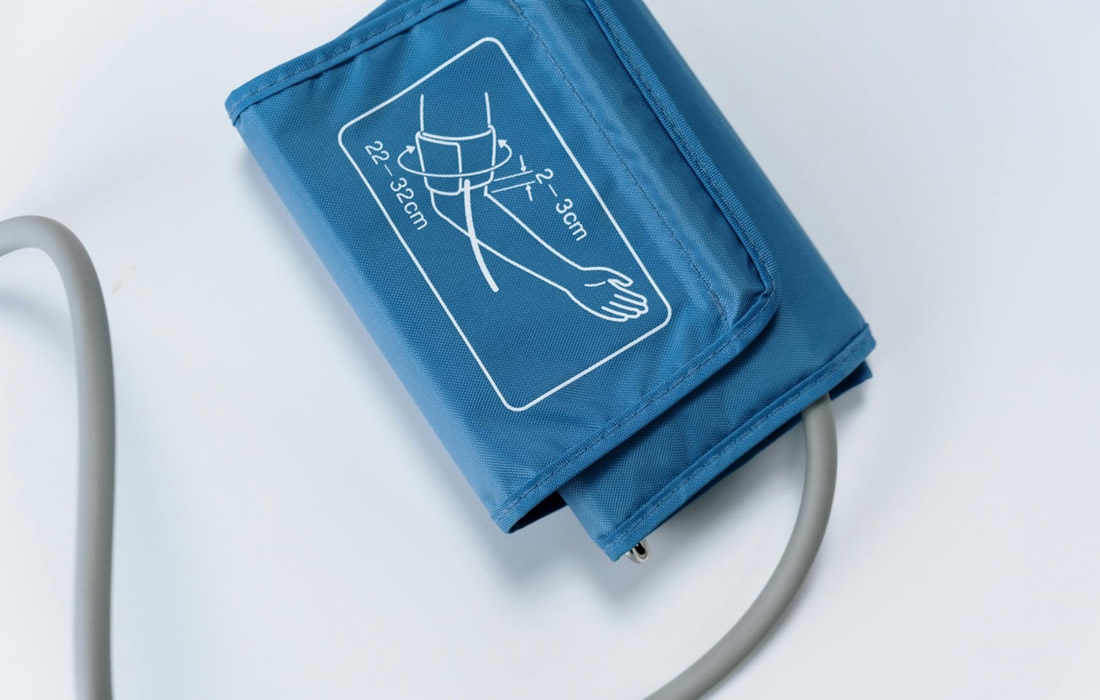A new study finds that very few patients diagnosed with type 2 diabetes are able to achieve normal blood glucose levels through weight loss alone. Clinical trials suggest that people with type 2 diabetes can control their blood glucose levels without medication if they lose weight and keep it off. However, it is unknown how […]
Author Archives: Rocio Gallegos, MD
“Depression affects millions of individuals worldwide, necessitating more effective treatments. Conventional methods, such as drug therapy with delayed onset of action and psychotherapy, have limitations in yielding satisfactory results for many patients. A pioneering advancement in treatment is urgently needed,” said Professor He Jufang. Previous research found that stress leads to neural plasticity changes in […]
For middle-aged women plagued by migraines, or hot flashes and night sweats, another worry may linger in the backs of their minds: whether these experiences have set them up for a heart attack, a stroke or another cardiovascular crisis. Kim and her colleagues at Michigan Medicine, U-M’s academic medical center, published the new pair of […]
Arterial stiffness was a better predictor of future risk of Type 2 diabetes than blood pressure, and people with a combination of high blood pressure and stiffer arteries had the highest risk of developing diabetes, according to new research. Previous studies have found that hypertension, or high blood pressure, is a risk factor for Type […]
ADHD is a common disorder often diagnosed in childhood and continuing into adulthood, according to the Centers for Disease Control and Prevention. Children with ADHD may have trouble paying attention, controlling impulsive behaviors or regulating activity. Early diagnosis and intervention are key to managing the condition. “ADHD is extremely difficult to diagnose and relies on […]
Hundreds of novel ingredients never encountered by human physiology are now found in nearly 60 percent of the average adult’s diet and nearly 70 percent of children’s diets in the United States. While obesity and lack of physical activity are well recognized contributors to avoidable morbidity and mortality in the U.S., another emerging hazard is […]
In a new study researchers found that when mice were fed a high-fat diet, mitochondria within their fat cells broke apart into smaller mitochondria with reduced capacity for burning fat. Further, they discovered that this process is controlled by a single gene. By deleting this gene from the mice, they were able to protect them […]
A new study from the Smidt Heart Institute at Cedars-Sinai shows there is a gender gap between women and men when it comes to exercise. Investigators analyzed data from 412,413 U.S. adults utilizing the National Health Interview Survey database. Participants between the time frame of 1997 to 2019 — 55% of whom were female — […]
The global rise in inflammatory bowel disease (IBD), which includes Crohn’s disease and ulcerative colitis, has no clear explanation. Previous research has looked at dietary patterns and IBD in adults, but research on children’s diets and links to IBD are scarce. The aim of the current study has been to increase knowledge in this area. […]
Cambridge scientists may have discovered a new way in which fasting helps reduce inflammation — a potentially damaging side-effect of the body’s immune system that underlies a number of chronic diseases. Inflammation is our body’s natural response to injury or infection, but this process can be triggered by other mechanisms, including by the so-called ‘inflammasome’, […]










